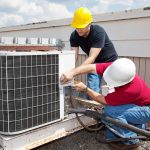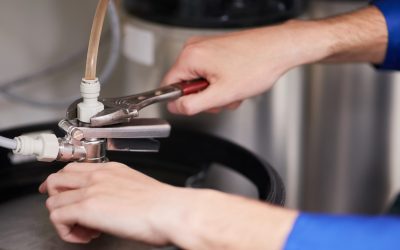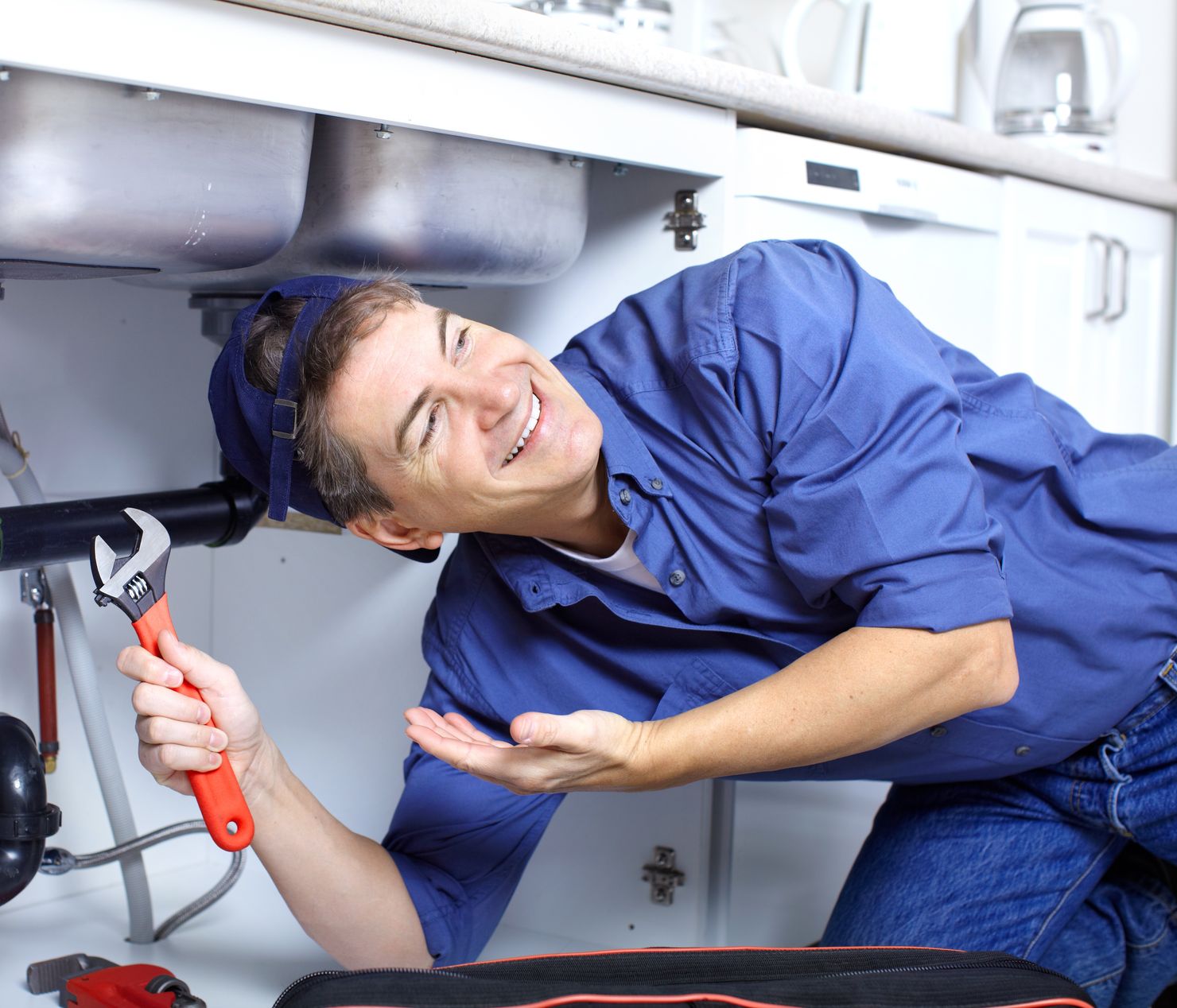For the majority of its life, a water heater sits behind a door, in a corner, or in a basement. However, out of sight is out of mind for most people, and the home’s water heater may be neglected. Many only notice the unit when something is wrong, and many issues are readily apparent. Read on to learn several ways water heaters in Omaha, NE can fail.
Leaks
If something goes wrong with a water heater, a slow leak or a burst tank may be to blame. A small amount of water may be from condensation, but a constant outpouring is a sign of trouble. Water heaters store dozens of gallons of heated water, and they gradually rust. The internal pressure and tank degradation can cause a leak or a burst tank. To be safe, have the water heater professionally serviced as soon as possible.
Scalding Injuries
An incorrectly set thermostat can cause a water heater to produce scalding hot water. Most experts recommend setting the thermostat to 120 degrees. If changing the thermostat does not solve the problem, call Jeff Mumm Plumbing in Omaha NE.
Carbon Monoxide
A gas heater that is improperly installed or neglected can cause a deadly carbon monoxide leak. This colorless, odorless gas is produced from the burning of fossil fuels, and common signs of a leak are headaches, upset stomach, dizziness, and weakness. If carbon monoxide poisoning is suspected, go to the ER or call 911 immediately. Following treatment, call a professional to check the installation or venting.
Explosions
An explosion is unlikely, but they do occur. If the pressure and temperature valve is stuck or it constantly releases, the homeowner should call for service right away.
Preventing a Dangerous Mess
Even well-maintained water heaters in Omaha, NE will eventually cause trouble. The average lifespan of a gas heater is roughly 11 years, and about 75% of 12-year-old units fail. Once a unit is over a decade old, it should be treated with care and the homeowner should consider replacement. To prolong that event, the unit should have a yearly checkup, and the anode rod should be replaced periodically.







